Q&A: James G. Workman on the Bushmen’s Fight for Water Rights and 21st Century Hydro-Democracy
Workman says chances of the Botswanian government returning water rights to the Bushmen as ‘pretty slim.’
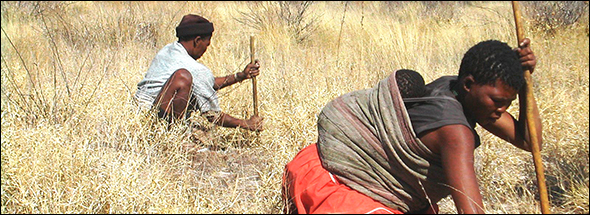
Welcome to Circle of Blue Radio’s Series 5 in 15, where we’re asking global thought leaders five questions in 15 minutes, more or less. These are experts working in journalism, science, communication design and water. I’m J. Carl Ganter. Today’s program is underwritten by Traverse Internet Law, tech savvy lawyers representing internet and technology companies.
cattle. All three of those have required prodigious amounts of water [and] they’re very lucrative. They’ve helped Botswana go from being the second poorest country on earth, to one of the middle income countries. I don’t begrudge them that, but they’ve done so at the exclusion of people. Basically, they say, ‘We control every drop in this country. We don’t want other people claiming the water in the Kalahari, and, therefore, we will deny them their ability to dig or transport or carry water to their relatives.’
years. It’s one thing to legally say you can’t drill a bore hole and pump water from your well, and another to say you can’t scatter, hunt, gather and get your moisture as you have for 30,000 years through diverse, dispersed and decentralized means. That’s the part that I found so compelling and wrote about in the book, and that’s the part that I think Botswana just can’t get its head around.
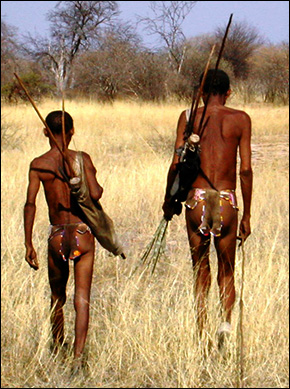
and, then, as part of a charitable exercise, the government was saying, ‘Okay, we’ll pump water from here and distribute it out to these settlements.’ Then starting around 1997-98, they started saying, ‘You know, we don’t actually want these Bushmen in here anymore,’ so they capped that, sealed it off with a weathered shed, knocked over the tank, cracked it open and then went further. They went out to the different settlements and found whatever stored water they had there and destroyed them as well, and said, ‘Not only are you not going to get any more water, but you’re not going to be able to pump from this.’ They’ve been without water for the last eight years, and they keep moving back into the Kalahari because that’s their home.
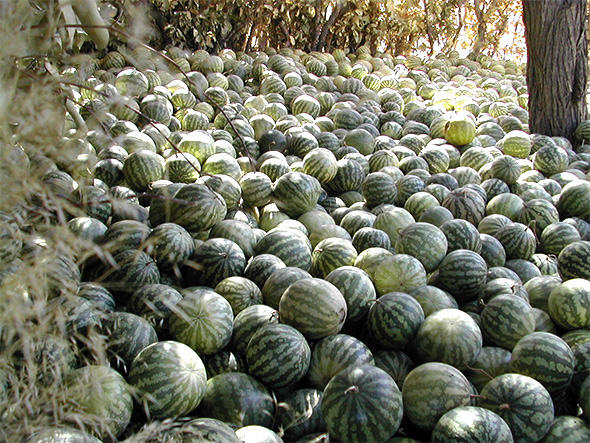
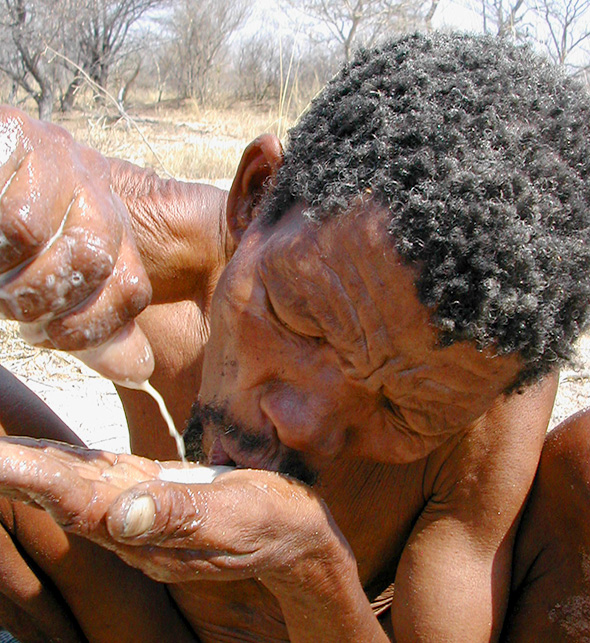
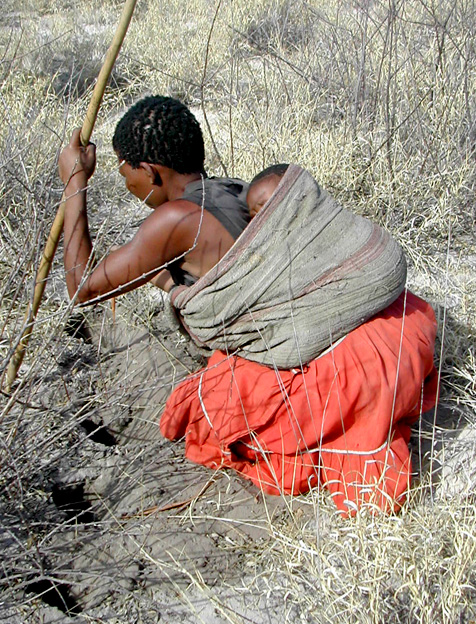
J. Carl Ganter: Circle of Blue’s Molly Ramsey spoke with James Workman, author of “Heart of Dryness”. To find more articles and broadcasts on water, design, policy, and related issues, be sure to tune in to Circle of Blue online at 99.198.125.162/~circl731.
Our them is composed by Nedev Kahn, and Circle of Blue Radio is underwritten by Traverse Legal, PLC, internet attorneys specializing in trademark infringement litigation, copyright infringement litigation, patent litigation and patent prosecution. Join us gain for Circle of Blue Radio’s 5 in 15. I’m J. Carl Ganter.
Circle of Blue provides relevant, reliable, and actionable on-the-ground information about the world’s resource crises.

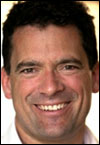
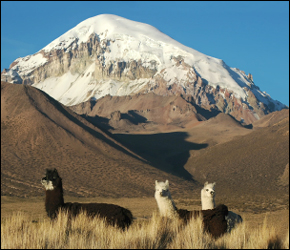

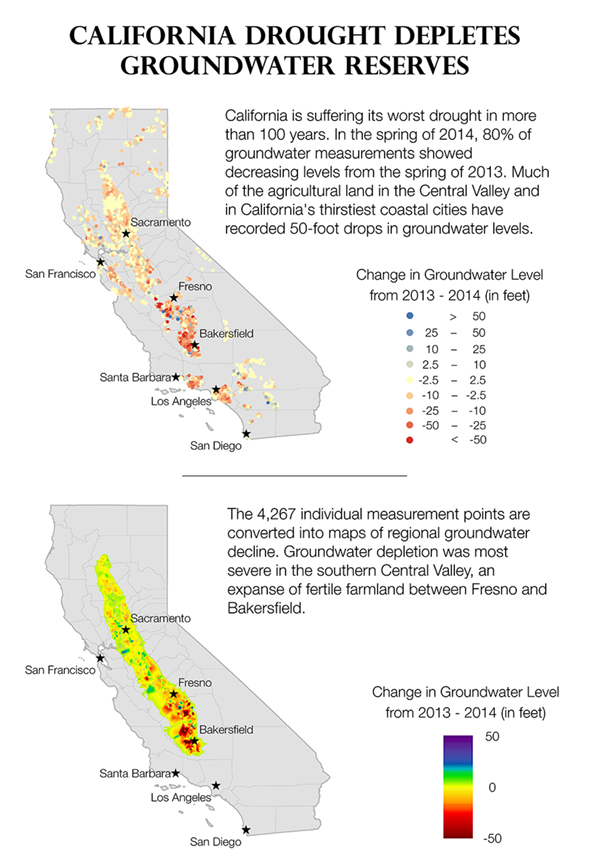
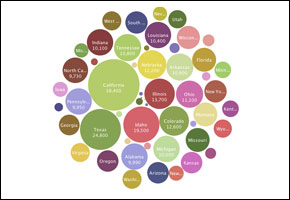


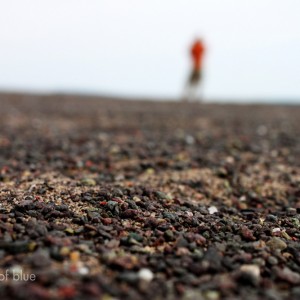
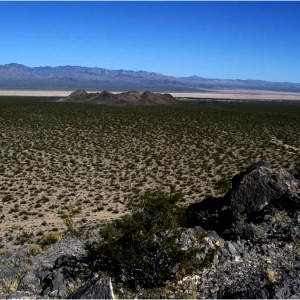
Leave a Reply
Want to join the discussion?Feel free to contribute!